China-Taiwan Tensions Challenge European Defense and Security
By Sarder Ali Haider, Marshall Center alumnus
Growing tensions between China and Taiwan are complicating countries’ interactions and global relations. These tensions force countries around the world, especially in Europe, to adjust to a rapidly changing security environment. The situation highlights the close links among global security, economic advancement, and people’s rights to govern themselves and make independent decisions.
In the complex world of global politics, these tensions stand out as a major challenge to worldwide peace and security. The dispute has grown into a major problem that could affect the balance of power across the world. The hostility originates from China’s claim that Taiwan is part of its territory. However, Taiwan insists on maintaining its own identity and democratic principles. This dispute causes tensions not just between China and Taiwan but also affects international relationships and has a significant impact on global peace and stability.
This clash is a real test for the international rules-based order and the world’s ability to maintain peace and security. China’s aggressive actions and Taiwan’s desire for global recognition have turned their dispute into an issue of worldwide significance. This situation raises important questions about national sovereignty, democracy and international law. As tensions rise, so does the risk of a conflict that could involve major powers and shake the delicate balance of international peace.
The uncertainty places Europe at a critical point where it needs to rethink its defense and security strategies. Europe’s relations with both China and Taiwan are complicated, involving trade, diplomatic ties and security interests. This places Europe in a special place to affect the outcome. It also means Europe faces many geopolitical risks, such as trade disruptions and the challenges of a world where power is more diffused and new security dangers are emerging.
The complex China-Taiwan relationship requires that Europe looks closely at how a conflict between these parties might impact its interests. It also calls for smart thinking about what choices European leaders have and how to respond in ways that are ethical and practical.
As Europe considers its options, a few important factors stand out. First, there are its economic ties to, and reliance on, the Asia-Pacific region, which could be at risk if the conflict worsens. Second, there are questions of military and strategic preparedness, especially in terms of how Europe can help keep peace in a region that’s not especially under its influence. Third, and maybe most importantly, Europe should strive to follow international law and support democracy without worsening the situation or pushing away important allies.
The China-Taiwan Relationship
Central to the relationship between China and Taiwan is the latter’s position as an independent democracy, which contrasts sharply with China’s belief that Taiwan is a part of its territory. The resulting political tensions have long influenced their relations with each other and the rest of the world.
The conflict began after the Chinese Civil War ended in 1949. The victorious communists formed the People’s Republic of China (PRC) on the mainland, while the defeated Republic of China government retreated to Taiwan. This began the long-standing disagreement over the island’s status as an independent country. Taiwan has since developed into a lively democracy with its own government, economy and way of life, which are different from mainland China. However, Beijing still claims that Taiwan is part of China and should submit to its control, even if it means using force.
Over the past few years, developments such as renewed Taiwan-United States defense agreements and continuing military sales have worsened tensions. Beijing sees these actions as threats to its territorial claims and has reacted more aggressively in its language and in military actions around Taiwan.
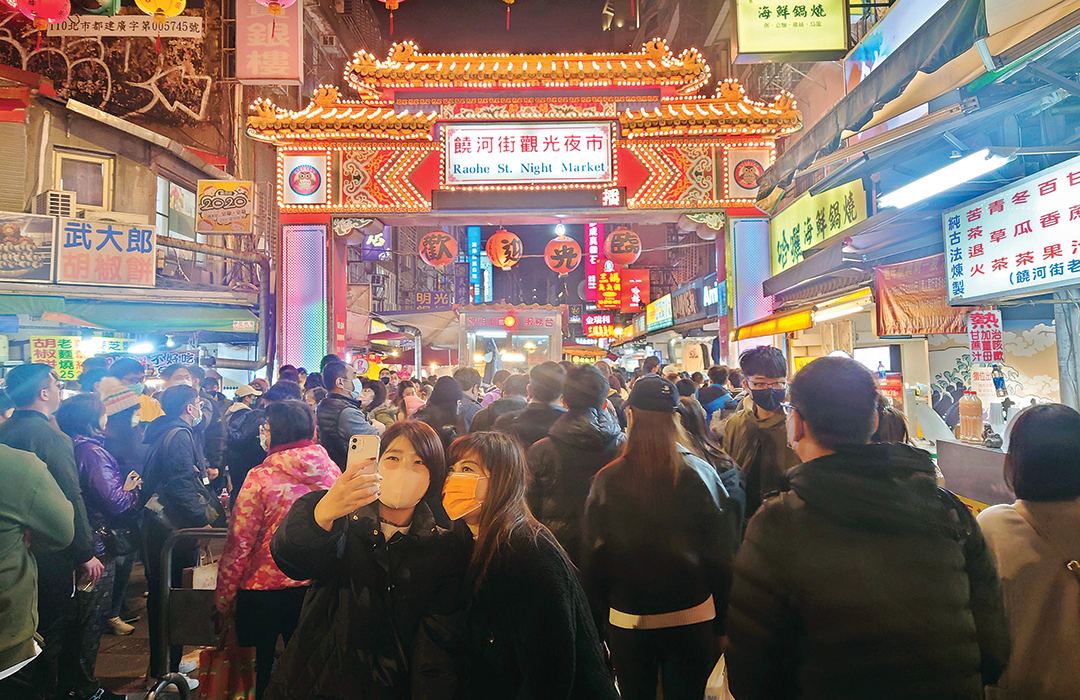
Beijing’s Approach to Unification
Beijing is applying a complex strategy to achieve its goals, including diplomacy, economic pressure and efforts to influence public opinion in Taiwan. China works hard to isolate Taiwan from the international community, persuading countries to recognize Beijing instead of Taipei, and some countries have recently switched their diplomatic recognition to the PRC. At the same time, China has been demonstrating its military strength through regular exercises and patrols close to Taiwan, aiming to discourage Taipei from moving toward full independence.
However, China also tries to win over the people of Taiwan by offering economic benefits and promoting cultural connections, seeing these as ways to encourage the peaceful incorporation of the island into China. Beijing prefers to avoid the use of military force for now, understanding that war could have devastating effects on both China and Taiwan, as well as on the rest of the world.
These ongoing tensions impact the stability of the region and affect how countries around the world interact with each other. The situation highlights how difficult it is to manage the relationship between China and Taiwan through international diplomacy. It also shows the delicate balance involved for Taiwan — maintaining its status as a sovereign democracy while maintaining peace in the Asia-Pacific region. As Beijing continues to push its claims on Taiwan, the rest of the world watches closely, aware of the possibility of conflict and what that could mean for global peace.
The relationship between China and Taiwan reminds us of the ongoing challenges related to national identity, sovereignty and the struggle to live peacefully in a world that is more connected but also divided politically. The international community, including major players such as the U.S. and the European Union, will play key roles in guiding how the China-Taiwan dispute evolves. They will advocate for stability, ongoing talks and a peaceful solution to one of the longest-standing political conflicts of our era.
Europe’s Interests
Europe’s engagement with China and Taiwan is driven by a mix of economic benefits and strategic planning. The EU, as a major player in the global economy, has built strong trade connections with both countries. This shows how economically intertwined Europe is with the region and how important it is for Europe’s wealth. These relationships go beyond trade; they are crucial to Europe’s wider goals in foreign policy and its position in world affairs.
China is one of the EU’s biggest trade partners, and Taiwan is key for technology and manufacturing. A conflict in the Taiwan Strait would create serious economic problems for Europe, disrupting trade and supply chains and affecting everything from technology to everyday products.
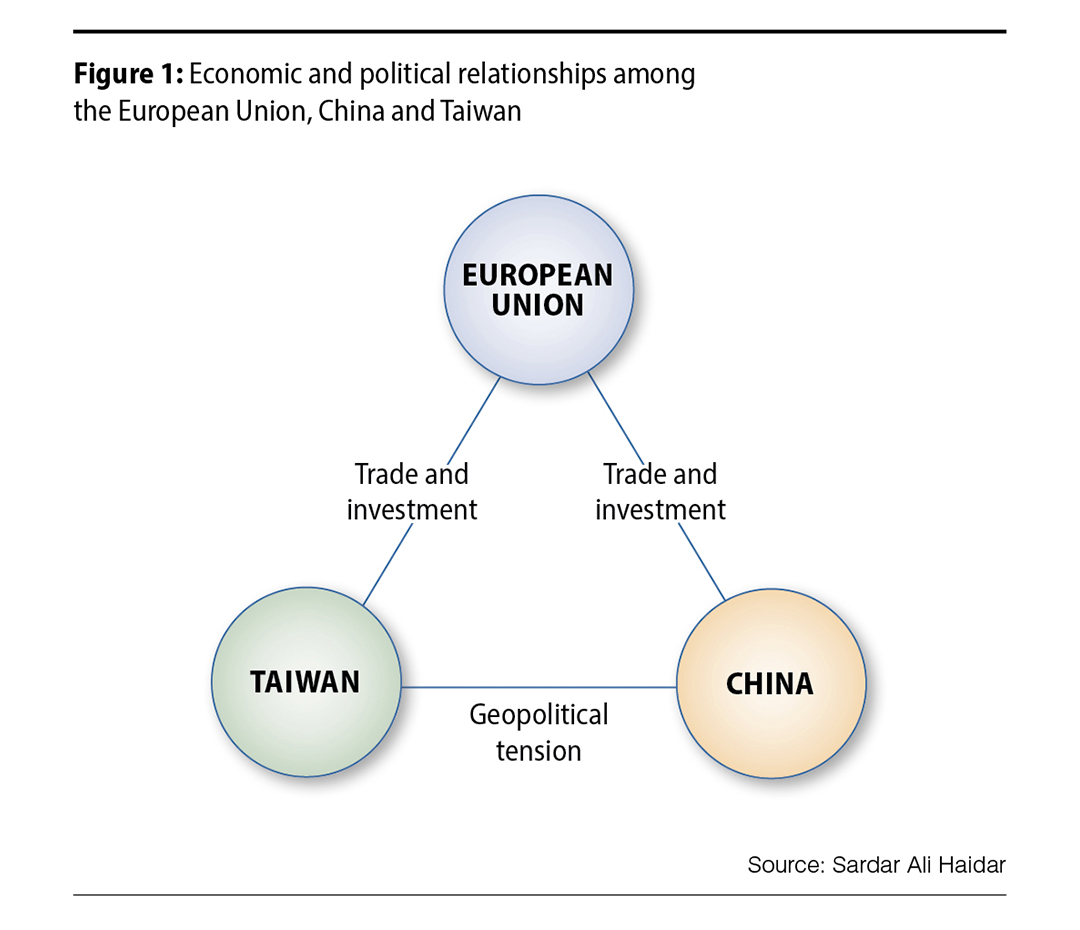
Outside of trade issues, the possibility of conflict between China and Taiwan puts Europe’s security and its strategic role in the Asia-Pacific at risk. The EU would like to keep the world stable and open. This means European leaders need to find a careful balance in supporting international rules while dealing with both China and Taiwan.
Europe’s plan involves careful diplomacy and encouraging talks to avoid worsening the situation, while also being ready for potential economic or security problems if tensions increase. This approach means working closely with Asia-Pacific countries and the U.S. to have unified responses to any issues.
Europe has a large stake in the China-Taiwan conflict as it seeks to protect its economic interests and maintain a stable, rule-based world order. This puts the EU in a tough spot, needing to navigate a tricky political situation while balancing its economic interests with its support for democracy, human rights and national sovereignty. The possibility of conflict between China and Taiwan is a test of Europe’s diplomatic and strategic skills. Europe must be proactive and careful to protect its interests and help keep peace in the region and the world.
Impact on European Defense and Security
The possibility of a military confrontation between China and Taiwan entails a serious threat to world peace, and it affects Europe’s defense and security in many ways. Europe depends on global markets for a steady supply of important parts and materials used in technology and manufacturing. A conflict in the Taiwan Strait could disrupt supply chains for crucial technologies. It could also affect defense systems, weakening Europe’s technological advantage and readiness for action.
The growing risk of conflict may require European countries to spend a lot more on defense to improve military readiness by updating equipment, improving safeguards against cyberattacks, and making defense material supply chains stronger and more reliable. Europe needs to look closely at its defense strategies, especially focusing on new and emerging threats. It should improve its air and missile defense systems, strengthen its naval forces, and invest in high-tech intelligence and reconnaissance technologies. These steps would help protect European interests and support efforts to maintain peace.
The evolving threat situation means Europe needs to update its security strategy, aiming to be more united and flexible. European countries, along with EU institutions and NATO, should seek new ways to work together to better handle crises and new security problems. This could include strengthening ties with important allies and initiating talks with both China and Taiwan to push for a peaceful solution and stability in the region.
The risk of disrupted supply chains, together with Europe’s need to spend more on defense and rethink military and security strategies, shows the potentially complex and widespread effects of such a conflict between China and Taiwan. Collaborating on defense strategies and international diplomacy are key to reduce risks and protect Europe in an uncertain world.
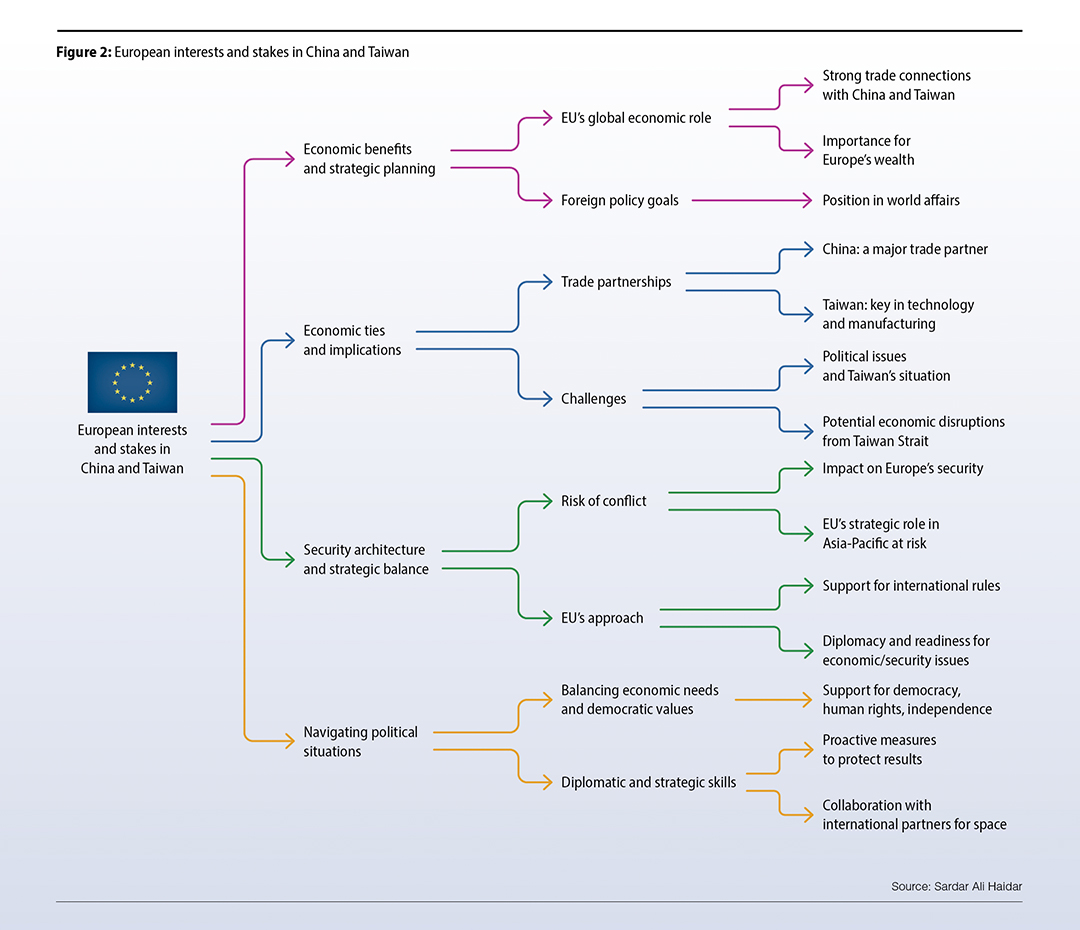
NATO’s Role and European Diplomacy
NATO’s handling of China-Taiwan tensions demonstrates the balance needed to match defense strategies with changing global politics. This careful, thoughtful approach highlights the significant challenges Europe would face were there to be conflict in the Taiwan Strait and the importance of diplomatic flexibility and strategic planning. The EU and NATO are leading these efforts.
NATO, which has traditionally focused on security in the Euro-Atlantic region, now must deal with the implications of China’s growing military power and strategic boldness. The Alliance recognizes how security issues around the world are interconnected and how events in the Taiwan Strait could affect security in Europe. Although NATO doesn’t play a direct role in the Asia-Pacific region, its interest in preserving international norms and preventing conflicts from worsening reflects its wider goals of maintaining peace and stability.
NATO’s Strategic Concept and other communications express the increasing challenges that come with China’s growing power, including the impact on security across regions and the overall balance of power worldwide. NATO stresses the importance of following international rules and the need for talks and diplomacy, a posture that matches European values and strategic goals.
European Diplomatic Initiatives
The EU, which strongly supports cooperation and adherence to international law, is seeking a careful balance by respecting each country’s rights while working to prevent conflict. Its approach is to push for peaceful solutions through talks, using its economic and political power to encourage positive discussions between the parties. In the Indo-Pacific region, the EU seeks stability. It aims to protect and facilitate trade and freedom of movement for commercial shipping. Europe is using diplomacy and working with countries in the region to help calm tensions.
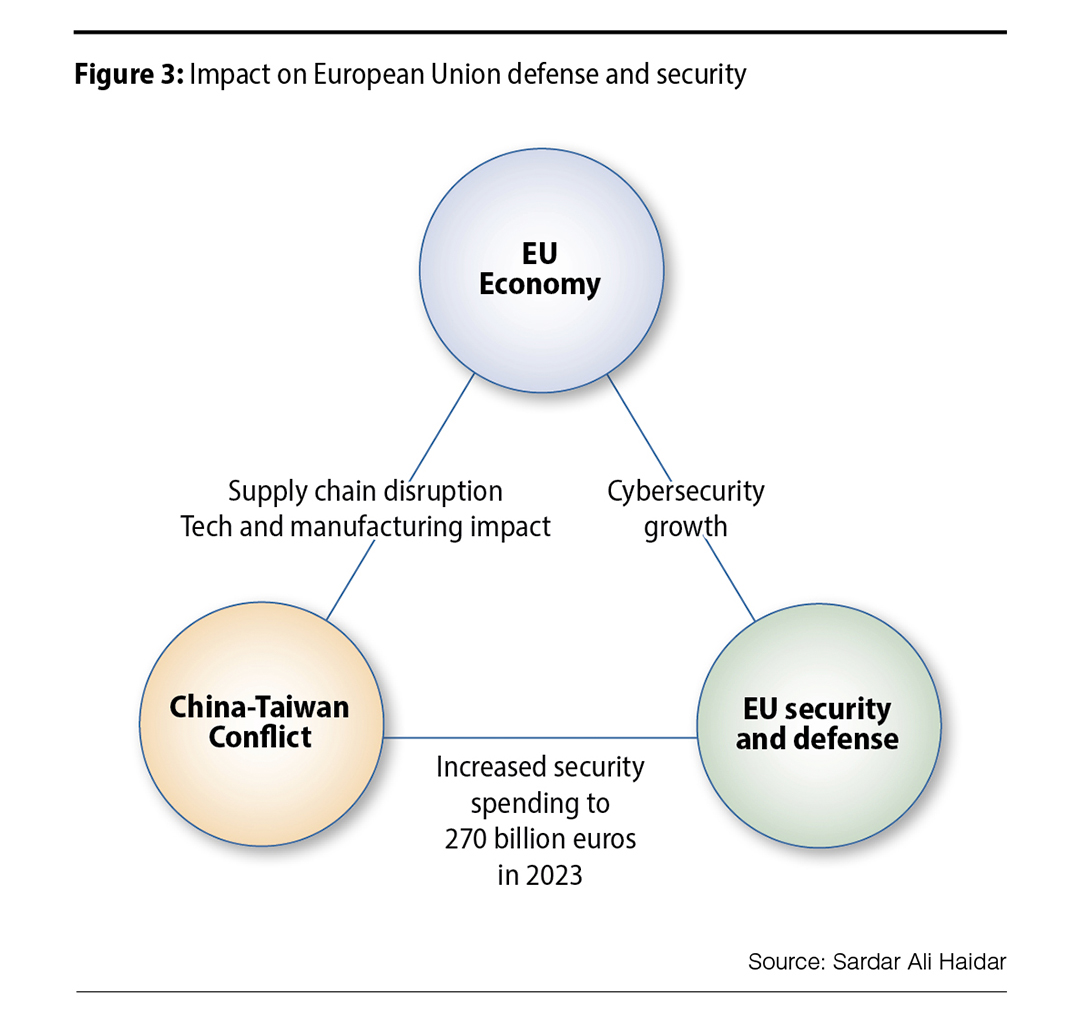
The EU and NATO — Shaping Europe’s Response
Teamwork between the EU and NATO is key in shaping how Europe responds to potential conflict between China and Taiwan. This partnership helps Europe take an approach that includes diplomatic, economic and military strategies.
The EU’s diplomatic efforts, along with NATO’s strategic thinking, constitute a blueprint for Europe’s constructive involvement in the Indo-Pacific region. This cooperative strategy demonstrates the importance of a unified European position in support of global peace and stability.
NATO’s careful stance on the China-Taiwan situation and Europe’s strategic and diplomatic actions underline the vital role of diplomacy in dealing with global tensions. As Europe confronts the challenges of the region, cooperation between the EU and NATO is key to promote peace and the international rule of law, and to protect European interests in a changing world.
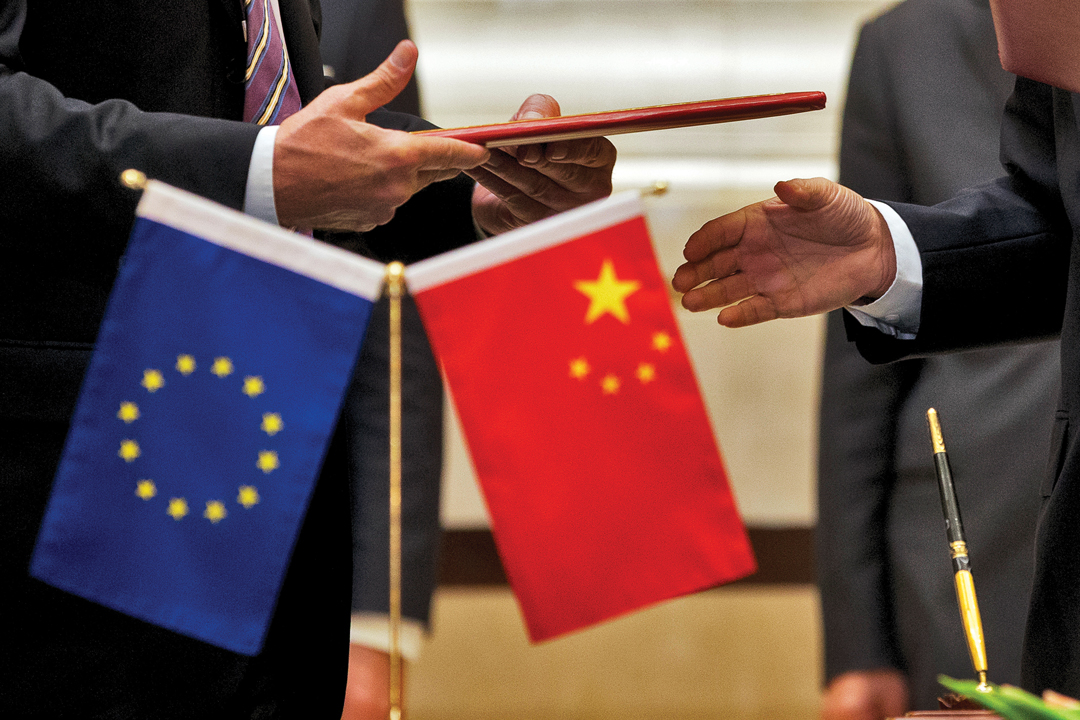
Long-Term Strategic Implications
The possibility of conflict between China and Taiwan highlights critical issues for European defense and security strategies, stressing the need to develop a stronger, more self-reliant and unified approach. This case not only reveals Europe’s current strategic weaknesses, such as its reliance on non-European partners in key areas, but also encourages it to rethink how it interacts with the rest of the world, innovates technologically and manages its supply chains. The long-term effects of such a conflict could significantly impact how Europe plans its defense, shapes its economic policies and approaches diplomacy, especially concerning the Indo-Pacific. Europe now has the opportunity to reshape its strategy to ensure its interests and security in a rapidly changing global landscape.
A major lesson for Europe, given increasing global tensions, is the vital need to become technologically self-sufficient. The risk of supply chain disruptions, particularly in high-tech areas and essential infrastructure, shows the dangers of relying too much on non-European countries. Europe needs to greatly increase its investment in research and development to foster environments where innovation can thrive. This could lead to Europe developing its own advanced technologies in areas like cybersecurity, artificial intelligence and quantum computing. Moving toward technological independence would not only strengthen Europe’s defense but it also would improve its competitive edge and its standing in the technological realm.
The risk of a conflict between China and Taiwan highlights the fragility of global supply chains and shows the importance of diversifying sources for essential materials and components. Europe should aim to create stronger trade and investment relationships with a wider range of partners to lessen risks from geopolitical disruptions. By developing closer economic relationships with countries in the Indo-Pacific, Africa and Latin America, Europe could secure a more reliable supply of crucial items, including semiconductors and rare earth minerals. This strategy would increase its strategic independence and strengthen its economic stability.
The complex China-Taiwan situation — and the overarching strategic competition in the Indo-Pacific — calls for a new approach to Europe’s diplomacy in the region. By building stronger relationships with important countries in the Indo-Pacific, Europe can not only meet its own strategic needs but also help make the region more stable and secure. This means Europe should encourage open dialogue by engaging in one-on-one talks as well as multilateral discussions, and support efforts to reduce tensions.
The changing global security landscape, highlighted by the tensions between China and Taiwan, gives Europe a chance to redefine its role in world leadership. Europe’s dedication to multilateral cooperation, upholding human rights and following the rule of law makes it a key player in shaping the world. By pushing for ways to solve conflicts peacefully, supporting international organizations and contributing to global security, Europe can take on a leadership role that matches its values and goals.
The risk of conflict between China and Taiwan is a wake-up call for Europe to reexamine its strategic approach. It must work to achieve technological independence, diversify its supply chains, increase its diplomatic efforts in the Indo-Pacific and take an active role in shaping global rules. This will not only help protect Europe’s interests but also help make the world more stable, peaceful and prosperous.
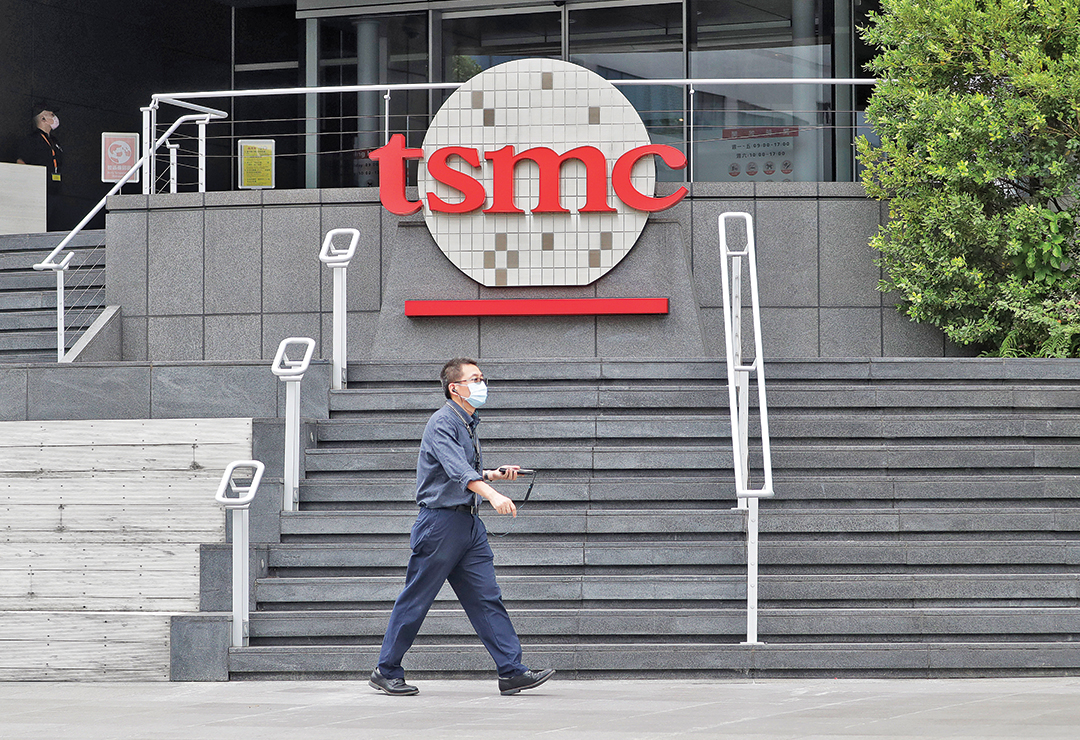
Strategic Recommendations
As Europe deals with the complications created by the tensions between China and Taiwan, it must adjust its strategy to protect its interests and help keep the world stable. Here are suggestions for Europe to improve its defense, expand its economic ties and strengthen its diplomatic stance:
- Strengthen cybersecurity
Europe must make its cybersecurity stronger to defend against spying, attacks and false information. This means allocating sufficient resources to the latest cyber defense technology, teaching people more about cyber safety, and working in cooperation with private companies to protect important services and systems. Cooperative cybersecurity initiatives within the EU, such as creating joint cyber teams, can help better defend against cyberthreats. - Reassess alliances and partnerships
In a world of strategic competition, Europe needs to reevaluate its friendships and alliances. It should build stronger ties with countries in the Indo-Pacific to mutually improve security and economic benefits. Strengthening NATO’s role in the region, including working more closely with Asia-Pacific partners, can help address security issues. This effort should focus on shared values and respect among partner nations that support a fair international system. - Diversify supply chains
Recent events, including the COVID-19 pandemic, have shown the risk of relying too heavily on too few sources for important technologies and goods. Europe should try to depend less on China and Taiwan by finding other sources for critical items. This means finding alternative suppliers, expanding its own production where possible and working with trusted partners to ensure supply chains can survive disruptions. - Strengthen diplomatic efforts
Europe should use its influence to help reduce tensions and encourage talks between Beijing and Taipei. By supporting democratic values in Taiwan and elsewhere, while still recognizing the “One China” policy, Europe shows its dedication to democracy, human rights and the rule of law. Through active involvement in institutions such as the United Nations, Europe can help push for peace and stability. - Review defense spending
With security threats changing, Europe must look closely not only at how much it spends on defense but also on what the funds are spent. This means not just spending more money but also investing in updated military equipment and weaponry, and adding new technology. Focusing on things that make Europe more independent, such as satellite communications, drones and advanced surveillance, can provide military advantages. - Address economic security
Economic security and national security are closely connected. Europe should prepare for trade problems that could result from political tensions by using economic diplomacy to protect its interests, making trade deals that consider security, developing plans for emergencies and making its market stronger. Keeping the financial system safe and defending against economic pressures are also important.
By following these recommendations, Europe will be better able to handle challenges arising from China-Taiwan tensions, improving its security and economic stability, and increasing its influence. Taking steps to address these complex issues can help Europe protect its interests and support a stable, fair international system.
Conclusion
The potential for conflict between China and Taiwan makes this a critical moment for Europe, one that requires a rethinking of its strategic posture. While the situation is challenging, it gives Europe an opportunity to demonstrate its importance to global diplomacy and security. The complex relationship between China and Taiwan, along with wider global developments, calls for a smart and flexible European response.
Europe’s new strategy should stick closely to its core values, such as support for democracy, the rule of law and human rights. In the face of current complex challenges, it should be practical and adaptable in its approaches to defense and diplomacy. Making its cyber defenses stronger, finding additional sources for essential supplies, rethinking alliances and boosting diplomatic efforts are key to Europe adjusting to a world of changing power dynamics.
China-Taiwan tensions highlight the need for a more self-reliant Europe. This means improving its defenses, making its economy more robust, and taking a more active and confident role in world diplomacy. Europe’s actions in the Indo-Pacific, its approach to the China-Taiwan situation, and its push for peaceful solutions can help stabilize global affairs.
Looking forward, Europe faces many uncertainties and challenges. However, with its strong diplomatic tradition, economic power and dedication to international rules, Europe is well placed to make a positive difference. The conflict between China and Taiwan compels Europe to redefine its role in the world, enhancing its security while living up to its values.
Europe should seek not only to protect its own interests in dealing with the China-Taiwan issue and other global challenges but it also should work to create lasting peace. In doing so, Europe can be a principled leader in a changing world, committed to promoting stability, security and prosperity everywhere.


Comments are closed.